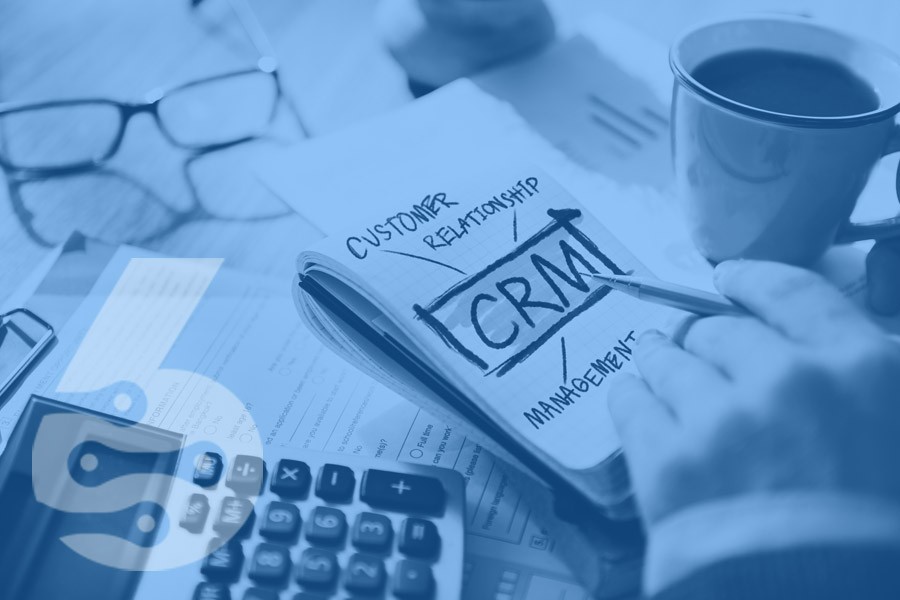E-commerce refers to the buying and selling of goods and services online. Transactions take place over the internet, typically between businesses and consumers. E-commerce can be used for business-to-business (B2B) or business-to-consumer (B2C) transactions.
There are a few key things that make e-commerce different from traditional commerce:
- Convenience - shoppers can purchase goods and services from the comfort of their own homes (or anywhere else with an internet connection)
- 24/7 availability - e-commerce businesses are open 24 hours a day, 7 days a week
- Global reach - businesses can sell to customers anywhere in the world
- Lower costs - businesses can save on overhead costs by operating online
- Increased competition - with more businesses selling online, there is increased competition for customers

Related Blog Articles

Document Management and Document Templating in SIX ERP
In today’s hyper-connected business landscape, documents remain the lifeblood of operations. Contracts, invoices, purchase orders, delivery notes, and HR forms are the carriers of critical information that moves an organization forward. Yet, in many companies, document handling remains fragmented, paper-heavy, and prone to errors.For businesses aiming to operate with agility and transparency, document management is no longer just an administrative necessity—it is a strategic advantage. Standardizing, securing, and automating the...
The Beginner’s Guide to CRMs: How to Use a CRM for Your Business
A CRM, or Customer Relationship Manager, is software that helps businesses manage and organize customer data. But that's just the beginning – a CRM can also help businesses automate tasks, track leads and sales opportunities, and more. In short, a CRM is one of the biggest untapped potentials for businesses today.If you're not using a CRM yet or using one but not getting the most out of it, this guide...
Understanding Customer Relationship Management (CRM)
If you want to run a successful business, it is essential to have a sound customer relationship management system or CRM in place. A CRM can help you keep track of your customers, their needs and wants, and how to best serve them. There are many different CRMs out there, so it is essential to find one that will work well for your business. This blog post will discuss implementing...Related SIX ERP Solutions:
Want to see SIX for yourself?
Need help, have questions or want to get a free demo?
Please read our Privacy Policy on how we process personal data. We will never share your data!



